Amid increasing insecurity and conflicts, the EU will forge closer ties with countries that have upped their defense capabilities, such as Türkiye, experts predict.
Poland’s prime minister, Donald Tusk, who has called for strengthening Europe’s defense and decreasing dependency on the U.S., is expected to visit Türkiye on Wednesday.
“It is a paradox that 500 million Europeans are asking 300 million Americans to defend them from only 140 million Russians,” Tusk said on March 3 before attending the Ukraine conference hosted by the U.K. in London.
“Today, in Europe, we do not lack economic strength, people, but the belief that we are a global power,” said Tusk.
Indicating that Europe’s combined force of 2.6 million soldiers together with Ukraine is a higher number than that of the U.S., China and Russia, Tusk called on European countries to take more responsibility regarding their own security.
These statements come after the Donald Trump administration’s changing stance toward the EU and are part of reignited discussions of self-sufficiency and autonomy.
Below the threshold
Many EU countries do not achieve the defense spending of more than the NATO target of 2% of gross domestic product (GDP).
According to the European Defence Agency (EDA), EU countries spent a total of 1.9% of their GDP on defense. NATO’s 2024 estimates say the ratio of European countries’ defense spending to GDP is around 2.2%, but since non-EU members in the U.K. and Türkiye are also included in this figure, the rate is considered lower for the EU.
While Greece, Poland, Estonia and Latvia are among the highest-spending EU countries, countries such as Ireland, Luxembourg and Malta spend less than 1% GDP, arguing they do not face immediate security threats.
Meanwhile, Germany (1.52%), France (2.26%), Italy (1.61%) and Spain (1.51%), which are considered the “greatest powers” of the EU, do not meet expectations.
Rearming
Trump has frequently warned that the EU has to increase its defense spending and that otherwise, Washington will not come to their defense. However, economic problems in Europe have hindered a significant increase.
The European Commission plans to provide flexibility in fiscal rules and funds for member states’ defense spending with its “Rearm Europe” plan, which aims to rearm the region by increasing defense spending by 800 billion euros ($871.11 billion).
The EU, which has been searching for new partners or developing current partnerships in the economic and defense fields vis-a-vis Trump’s stance, has revived the like-minded countries’ dialogue for non-EU members.
Within this scope, Tusk’s visit is expected to increase cooperation and discuss what kind of role Türkiye can play in the European security architecture.
Karolina Wanda Olszowska, co-founder of the Polish think-tank, Institute of Turkish Studies, told Anadolu Agency (AA) in a written statement that Tusk’s visit showed that both countries are aware of the benefits of closer cooperation.
“Both countries share a strong decisiveness on regional and global security. This visit appears to offer an opportunity to acknowledge the strategic potential of both partners and to highlight how cooperation between them can contribute to a safer Europe,” she said.
Olszowska added that the visit further displayed that Poland aims to be a bridge between Türkiye and Europe.
“Poland has placed a high emphasis on security issues since a full-scale war erupted in Ukraine and is actively seeking partners while closely following Türkiye’s defense industry,” she said.
Reiterating that discussions on the EU’s strategic autonomy have been ongoing for years, Olszowska said: “Although strategic autonomy is possible for Europe, it seems difficult to achieve in the short term. One of the main challenges is that countries with diverging interests, security perspectives and social stances on defense investments have come together.”
She added that being able to fill the gap left after the U.S. put a hold on military aid to Ukraine is dependent on political will, military capabilities, economic sources and defense production.
“Europe’s arms production is fragmented and unsuited to large-scale war. In the short term, the EU cannot supply enough ammunition and heavy equipment to compensate for the loss of American aid,” Olszowska concluded, saying that this gap can be closed through purchases from countries such as Türkiye or South Korea.


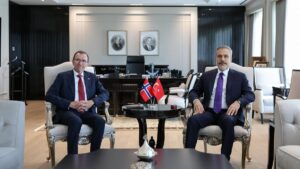
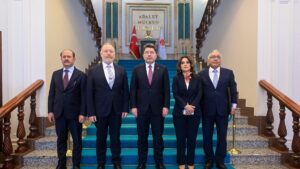



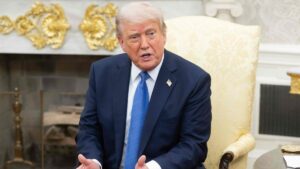

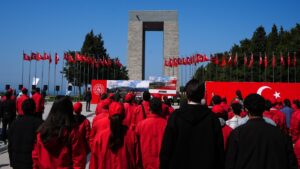
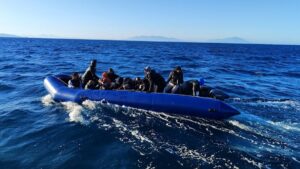


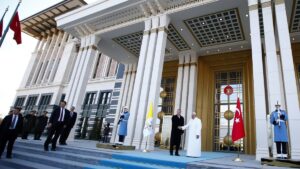



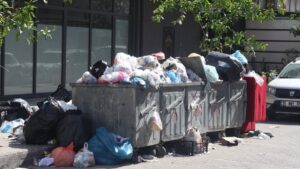




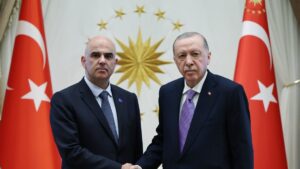

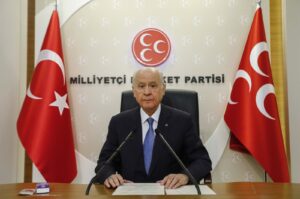
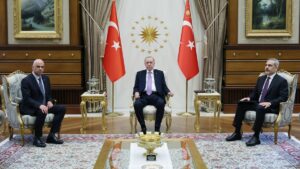
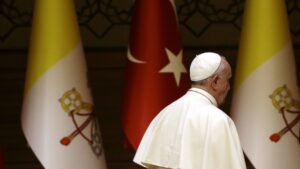

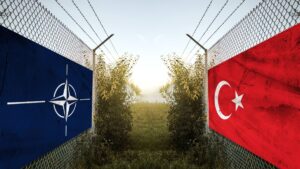



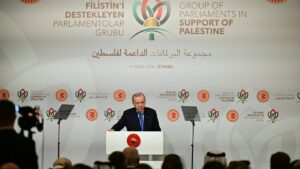

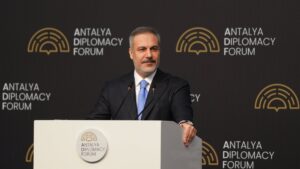

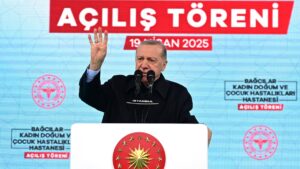




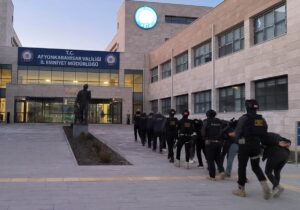

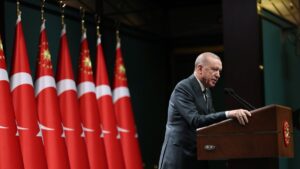
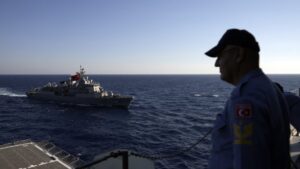
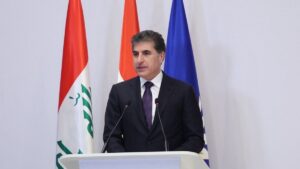

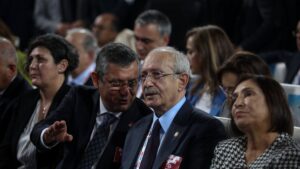


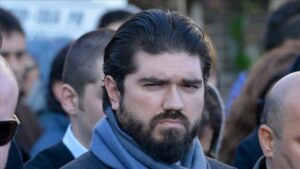

Be First to Comment